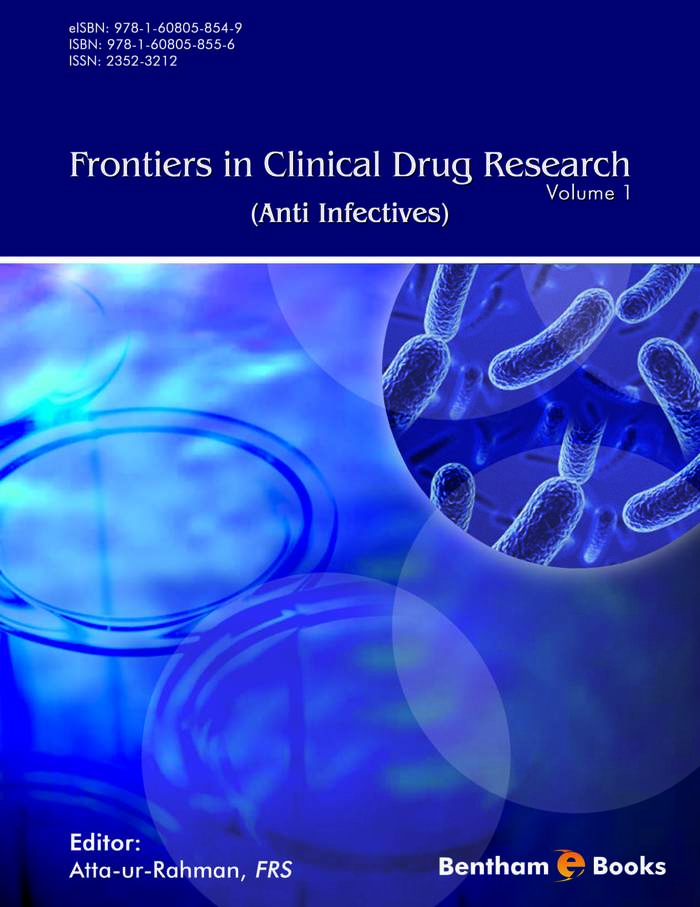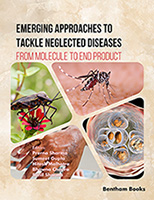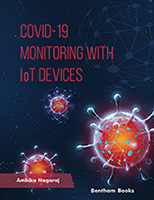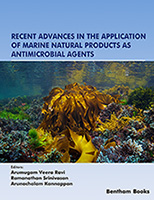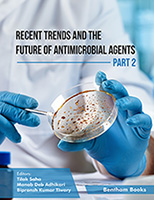The treatment of infectious diseases has come a long way since the pioneering days
of Anton von Leeuwenhoek. Significant milestones were made by the discoveries of
Pasteur and Kock, followed much later by the discovery of penicillin by Fleming
and the development of vaccines by Jenner, Salk, and Sabin. The 20th century saw
several progressive strides being taken to fight other infectious organisms,
particularly with the development of several pharmaceutical agents to combat them.
Anti-infective drug research has, therefore, evolved into a multidisciplinary field
which involves the collaboration of medical professionals, microbiologists,
pharmaceutical scientists and epidemiologists worldwide.
The first volume of Frontiers in Clinical Drug Research – Anti Infectives brings
updated reviews to readers interested in recent advances in the development of
pharmaceutical agents for the treatment of infectious diseases. The chapters in this
volume of the eBook series are written by leading experts in their respective fields.
There are several topics relevant to this field in this introductory volume covering
antibiotics, vaccines, drug resistance and more.
In the first chapter of this volume, Brandenburg et al. present their findings on a new
class of polypeptide antibiotics against bacterial and viral infections. These
researchers have discovered a set of polypeptide compounds which exhibit broad
spectrum activity against bacterial pathogenic factors such as lipopolysaccharide and
endotoxin. This effort is important in the discovery of novel compounds to target
bacterial infections. These infections already pose a serious threat to human health,
which is further increased by the incidence of bacterial resistance to existing drugs.
Next, in chapter 2, Kelly and Khardori provide a brief review on antimicrobial
agents and highlight new mechanisms of actions that have been discovered in recent
years. This chapter briefly covers the history of anti-microbial drug discovery and
highlights new drugs including streptogramins, lipoglycopeptides, and
fluoroquinolones.
Luo et al. discuss antisense oligonucleotide (ASO) based drugs against bacteria and
viruses in chapter 3. This is a comprehensive review which provides a wealth of information on ASO technology, targeted organisms and host factors, and
mechanisms of ASO action. The authors have also cited new drugs which are
undergoing clinical trials.
In chapter 4, Vennison and Sankar have reviewed the major vaccines currently
available against flaviviruses and new approaches utilized for designing novel
vaccine candidates and antiviral agents targeting various pathways in the flavivirus
life-cycle. The article also lists molecules that inhibit flavivirus functions and
includes several useful illustrations for readers.
In chapter 5, Altindis and coworkers present a summary of the progress made on
plants used for edible vaccine research. Edible vaccines can prove to be a novel and
economic therapeutic solution to treat infectious diseases.
In Chapter 6, Saini et al., review the recentprogress made in the field of antibiotics
against gram negative bacteria. This chapter provides information on antibiotic
agents used to fight infections caused by specific bacterial species such as K.
pneumoniae, E. coli and H. influenza. They address concerns about MRSA and
VRSA strains of S. aureus as well as the requirements of future R&D efforts to
develop new drugs.
Chapter 7 is a summary of the current developments against enteric pathogens.
Haque and colleagues bring together information on the properties of these
pathogens, the antimicrobials currently in use and the mechanisms of drug resistance
shown by these bacteria.
Finally, Huang et al. provide an interesting review of the use of bacteriophages
against gram positive bacteria over the last 20 years. The authors of this chapter hint
at new mechanisms to tackle clinically significant microorganisms including multidrug
resistant strains. They demonstrate the bacteriophage therapy is a novel way to
address the growing problem of hospital acquired infections.
I hope that readers will find value in this collection of reviews and draw inspiration
for conducting further drug discovery research in the field of anti-infective drug
research.
I am grateful for the timely efforts made by the editorial personnel, especially Mr.
Mahmood Alam (Director Publications), Ms. Maria Baig (Manager Publications)
and Mr. Taimur at Bentham Science Publishers for their assistance.
Prof. Atta-ur-Rahman, FRS
Kings College
University of Cambridge
Cambridge
UK

